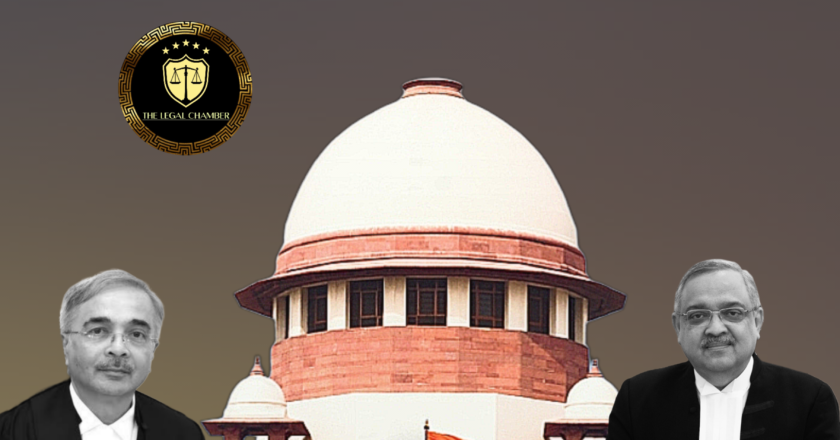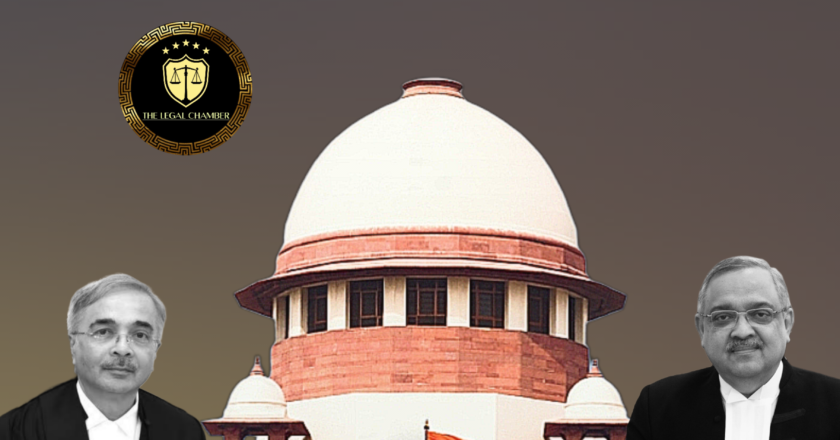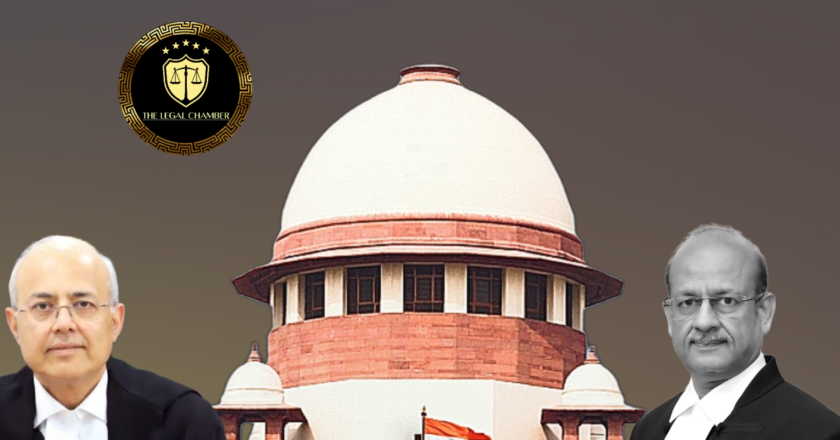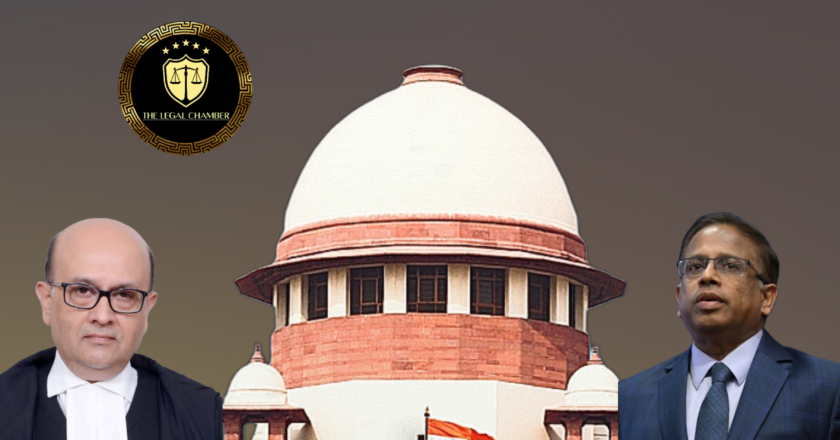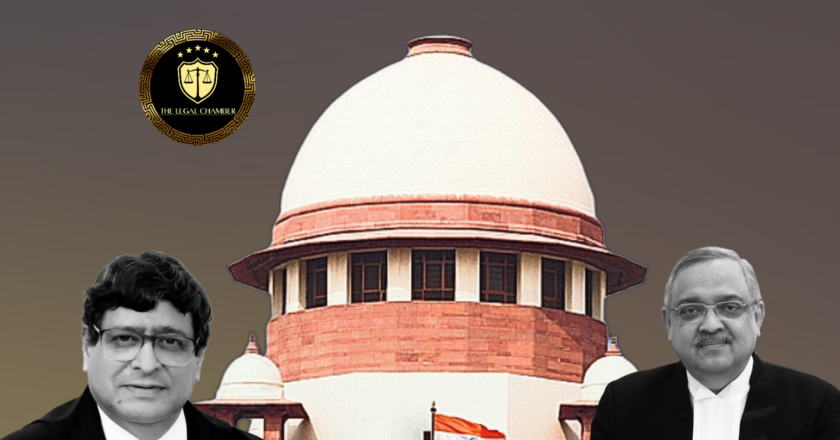Supreme Court Boosts Compensation: Sets Minimum Income for Accident Victims
In a significant ruling on motor accident claims, the Supreme Court reinforced the principles from Pranay Sethi and Somwati. The Court established that the income of a deceased, even if not fully substantiated, cannot be assessed lower than the notional income of an unskilled labourer, with due consideration for annual increments. It upheld the application of standard multipliers, future prospects, and clarified that loss of consortium is payable to spouses, children, and dependent parents.
Facts Of The Case:
In a tragic accident on July 25, 2010, four friends from Bijapur on a pilgrimage to Shirdi lost their lives when their car was involved in a head-on collision with a rashly and negligently driven goods lorry on NH-13. The case concerns one of the deceased, a qualified pharmacist, wh...
